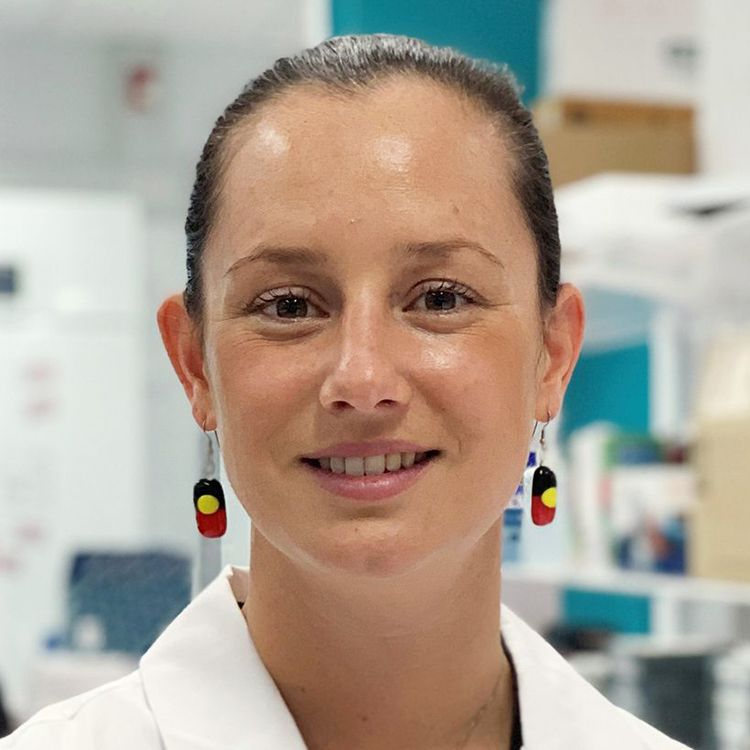Search






People
Professor Christopher BlythCentre Head, Wesfarmers Centre of Vaccines and Infectious Diseases; Honorary and NHMRC Career Development Fellow, Paediatric Infectious Diseases Physician and Clinical Microbiologist




People
Dr Anita CampbellInfectious Diseases Physician; Raine Clinician Postdoctoral Research Fellow; Deputy Head of the Wesfarmers Centre of Vaccines and Infectious Diseases; Clinical Senior Lecturer, School of Medicine, The University of Western Australia
